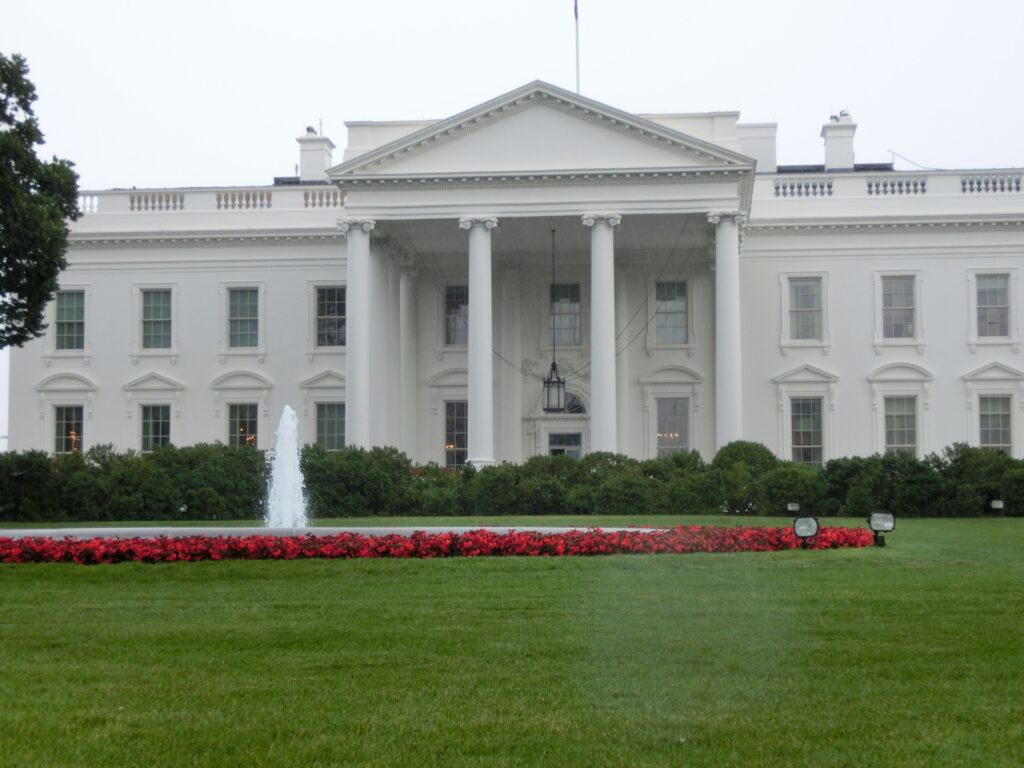Written By: Christopher B. Dolan and Matthew D. Gramly
Q: This week’s question comes from Joe in Tiburon who asks: What happens when a President loses his or her re-election but refuses to concede or step aside?
A: Dear Joe,
This is a great question. Our entire government runs on the honor system. Yes, we have laws, rules, elections, etc., but we simply trust that our leaders and elected officials will honor and abide by those requirements and traditions.
Our first President was George Washington. After he served as President another election was held, another President was elected and there was a peaceful transition of power. George Washington voluntarily gave the power of the Presidency to his successor, John Adams. At the time, King George III of Great Britain said that if Washington did in fact voluntarily give up the Presidency that he would be viewed as the greatest man alive. Why?
Up until that point in Western history such a democratic, peaceful transfer of power had simply never happened before, it had almost never even been contemplated. Power had been gained and lost by kings and conquerors through wars. Voluntarily giving up near dictatorial power simply was not a part of human nature in the late 1700s or during any time before. Back then, citizens were meant to be ruled. They certainly were not meant to participate in their own governance and were certainly not meant to participate in choosing their own leaders.
In forming the structure of its government through the Constitution, the United States of America chose a different path. Government of the people, by the people, for the people. Although at that time, “the people” participating in our government and its selection were, by definition, white men who owned property as well as, for many of them, slaves. The crucial component to our governmental structure being that every four years the citizenry would vote to elect a new President or vote to re-elect a current President and if there were a new President elected, the current President would accept the results of the election and would vacate the office voluntarily, they would give up power voluntarily, reflecting the will of the people.
But Joe’s question is, “What if that doesn’t happen?” What if a current President does not accept the will of the voters and does not give up power voluntarily? This circumstance certainly seems to be the case with President Donald J. Trump, who just lost his re-election bid to now President-Elect Joe Biden. President Trump is refusing to concede his loss, he is refusing to cooperate with or accept a peaceful transfer of power to his successor and is ordering his administration not to cooperate with the transition. By all indications he is unwilling to voluntarily give up the power of the Presidency.
These actions break with the honor system that has been in place through 44 Presidents over almost 250 years – an honor system to which every United States President before Trump has adhered. This is a fracturing of one of the most sacred principles of American democracy.
Our honor system requires faith in our laws and traditions, both by our citizenry and on the part of our leaders. One such tradition is a concession speech or acknowledgement. Mitt Romney conceded in 2012. John McCain conceded in 2008. John Kerry conceded in 2004, and on and on all the way back to the time of George Washington.
There also has to be faith in voting as well as in our elections and their outcomes after the ballots are cast and counted. None of these traditions are being honored at present. President Trump is actively calling these traditions into question, ignoring them and/or actively refuting them. None of this has ever happened before. These are all lines that have never been crossed before now. The effect is to cast doubt on our entire system of democracy, to further erode the trust of the citizenry in our government, and to open the door for those who already wish to question the legitimacy of a Joe Biden Presidency.
However, there is at least one safeguard in place to combat what is happening right now and to ensure a peaceful and orderly transition of power. It is found within the 20th Amendment to the Constitution of the United States, which governs the length of Presidential terms. Each four year term of President ends at noon on July 20th of the year following a Presidential election. As of noon on January 20, 2021 Donald J. Trump will no longer be President of the United States of America, regardless of whether he concedes or not. That date, as defined by the 20th Amendment marks the end of his first term as President.
In accordance with Article II, Section I of The U.S. Constitution, establishing the Electoral College and its governance of our selection of Presidents, having received a majority of votes in the Electoral College Joe Biden is now President-Elect and that same date and time, noon on January 20, 2021, marks the beginning of his first term as President of the United States of America.









